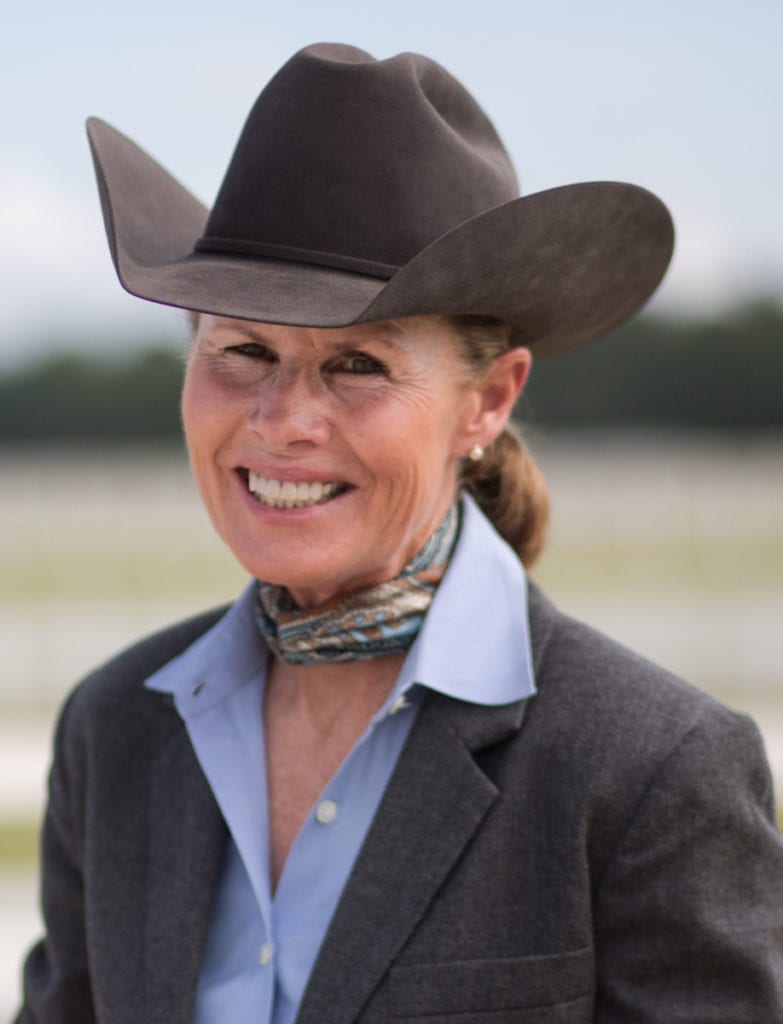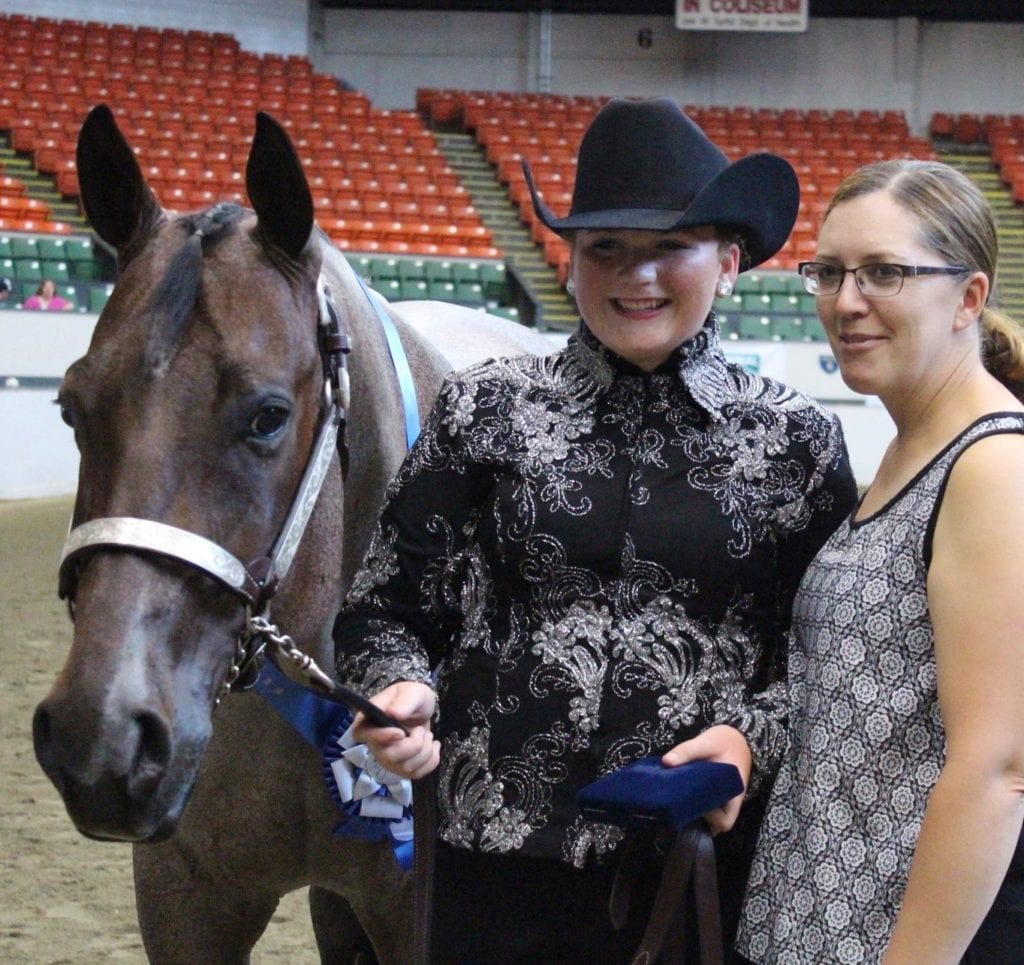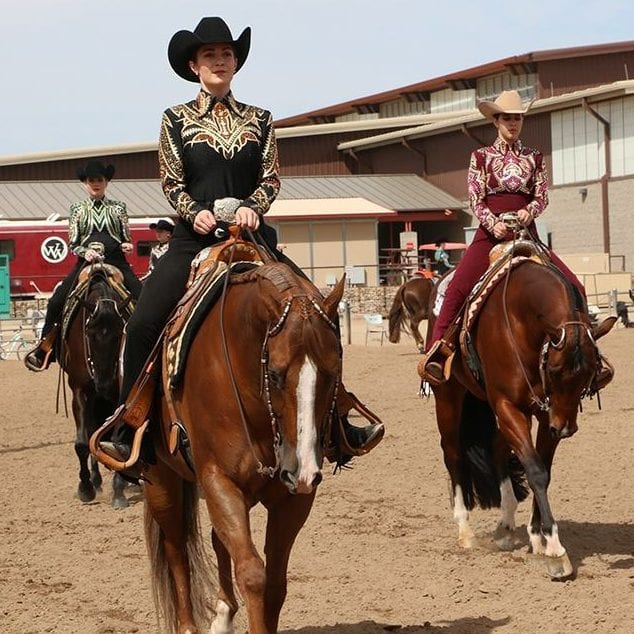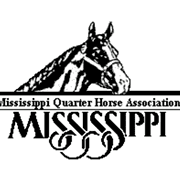The road to winning at horse shows isn’t always filled with cutthroat competitors who thirst for nothing but the winning edge. In fact, many exhibitors take a more laid-back approach to the horse show life— happy to show, socialize and enjoy hearing their name called now and again. But staying stagnant in your skill set and performance isn’t a recipe for long-term contentment.
If you’ve got a suspicion that you might be in a rut because you just aren’t vibing that natural killer instinct when it comes to getting ready to show, you’re probably ready for something that adds a little more competitive spark to your mindset.
And when it comes down to it, feeling competitive is all about motivation. We spoke with two top trainers, Carla Wennberg and Tami McAllister, about how they create strategies to stoke the fires of motivation; read on for their strategies.
Industry veteran Carla Wennberg is a longtime AQHA judge as well Western Equestrian Team coach for St. Andrews University in North Carolina. Throughout her career, she’s seen her share of different types of rider and has put a lot of thought into understanding how to motivate her students as individuals.
She shares, “I teach in the classroom as well and one thing that is valuable is knowing about your learning or personality style. If I can figure out a personality type, then I can individualize strategies that will work best for that particular learning style.”
 Wennberg uses a research-backed theory of personality types that associates common personality traits with colors. Identifying a personality type can help a coach or trainer identify what types of motivation will work. A logical, concrete thinker will likely value being given clear, direct and specific feedback and tasks, while someone who is more relational in their personality may feel overwhelmed or discouraged by too much feedback.
Wennberg uses a research-backed theory of personality types that associates common personality traits with colors. Identifying a personality type can help a coach or trainer identify what types of motivation will work. A logical, concrete thinker will likely value being given clear, direct and specific feedback and tasks, while someone who is more relational in their personality may feel overwhelmed or discouraged by too much feedback.
“Some riders need to see what is possible. If a rider hasn’t grown up around the horse industry and has never competed in anything, they might need to go to a horse show to watch before realizing what they can reach for.”
From there, “confidence is key,” Wennberg maintains. “I try to create opportunities that allow riders to build confidence. If riders, especially those who aren’t naturally competitive, don’t have the confidence or believe that they can do something, they’re not going to want to push themselves.”
To build confidence, set incremental goals and work to create an environment that allows for both challenge and recognition. Wennberg details, “This might mean work on forward motion in a straight line or being able to pivot a horse until that is mastered, or it might mean branching out from an event where some success has been had into a new event, like moving from horsemanship to trail.”
 A challenge will motivate some riders by having their efforts recognized and appreciated. “One of the most satisfying things is watching a rider I’ve coached, who may have once been a complete beginner, grow in their skill and confidence and accomplish new things.”
A challenge will motivate some riders by having their efforts recognized and appreciated. “One of the most satisfying things is watching a rider I’ve coached, who may have once been a complete beginner, grow in their skill and confidence and accomplish new things.”
AQHA Professional Horsewoman Tami McAllister also brings varied coaching and training experiences to her motivational approach. She’s the assistant coach for the Western Equestrian Team at Sacred Heart University in Connecticut in addition to training horses and riders with husband, Garry McAllister.
Tami begins by discussing what we mean when we say competitive, “In our barn, we focus on competing with ourselves. We look for the ways that we can improve on each performance; it’s not about wins or placings.”
 McAllister takes that strategy to the next level by asking riders to describe how they felt a ride felt immediately after exiting the pen, as she explains, “Whenever possible, we recap by discussing how a rider felt a performance went before looking at placings. I try to teach from the positive by finding something specific that was either good or an improvement on the last time. For example, I might say ‘you did a good job on the lope-overs that you struggled with in warm-up and next time, we’re going to focus on improving the back-through.'”
McAllister takes that strategy to the next level by asking riders to describe how they felt a ride felt immediately after exiting the pen, as she explains, “Whenever possible, we recap by discussing how a rider felt a performance went before looking at placings. I try to teach from the positive by finding something specific that was either good or an improvement on the last time. For example, I might say ‘you did a good job on the lope-overs that you struggled with in warm-up and next time, we’re going to focus on improving the back-through.'”
Exhibitors are often hard on themselves, so focusing on the mistakes or the negatives doesn’t help motivate someone to compete with their performance. It decreases the self-esteem needed to build their skills up. That doesn’t mean McAllister strays from tough critiques. However, it doesn’t need to be the starting point.
 McAllister shares, “I had a rider at a major equestrian team meet who rode a pattern incorrectly in what would have been a key point-scoring opportunity for her and our team. She found me right after the ride and apologized for messing up. At that point, she had already owned her mistake and felt terrible, so there was no reason for me to add anything to that negative. Instead, take weak points home to work on.”
McAllister shares, “I had a rider at a major equestrian team meet who rode a pattern incorrectly in what would have been a key point-scoring opportunity for her and our team. She found me right after the ride and apologized for messing up. At that point, she had already owned her mistake and felt terrible, so there was no reason for me to add anything to that negative. Instead, take weak points home to work on.”
Another key tool that McAllister uses to spark a little competitive fire for a rider is to change things up. “We make sure to go to different shows – a bigger show, a new arena, different competition. I also really do encourage my students to try new events and find what they love doing.”
Sometimes change is just what is needed to inspires a rider to step things up.
Key Takeaways
- Build confidence by setting and tracking incremental goals
- Identify the things that reward your personality traits and learning style
- You can’t be what you can’t see, so make a point to watch at shows
- Focus on competing with yourself and improving from show to show or ride to ride
- Change it up by trying a new skill, event, or horse show
- When reviewing performances, start with the positive
About the Author: A native Michigander, Rachel Kooiker is a lover of horses who loves to write. She competes in all-around Amateur events with her APHA gelding, Hoos Real. She graduated from Grand Valley State University with a BA in English and Psychology and an MA in Curriculum & Instruction. She and her husband Drew operate Kooiker Show Horses, home of APHA World Champion Im the Secret.









